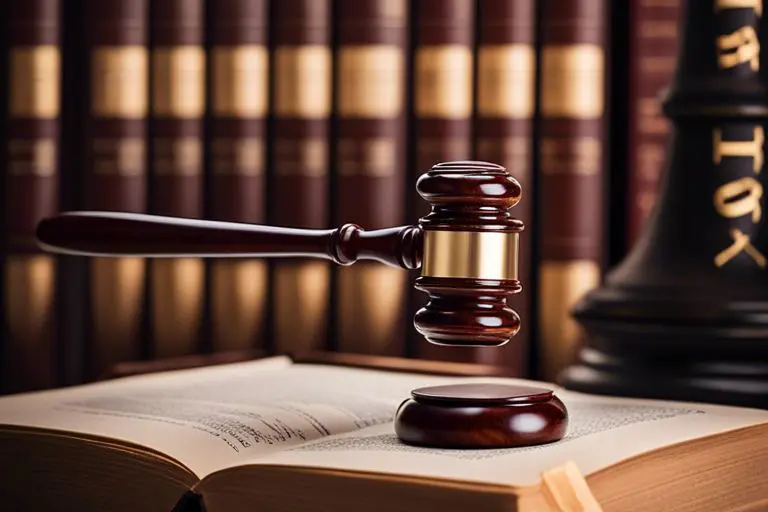Court Sentencing
Court Sentencing Explained: Understanding Its Impact and Process
Court sentencing is a critical phase in the judicial process, where a judge determines the penalty for a convicted defendant. This stage follows a guilty verdict or a plea bargain and involves a complex interplay of legal guidelines, judicial discretion, and individual case circumstances.
Sentencing can range from fines and community service to probation and imprisonment, depending on the nature and severity of the offense. Factors influencing sentencing decisions include the defendant’s criminal history, the harm caused to victims, and the circumstances surrounding the crime.
The legal process of sentencing begins with a pre-sentencing report prepared by a probation officer. This report provides the court with detailed information about the defendant’s background and the crime’s impact on victims. It plays a crucial role in guiding the judge’s sentencing decision.
Sentencing hearings offer an opportunity for both the defense and prosecution to present arguments and evidence influencing the sentence. Victims may also have the chance to give impact statements, explaining how the crime has affected them.
The judge must adhere to statutory sentencing guidelines while also considering any mitigating or aggravating circumstances. These guidelines provide a range of permissible sentences for each offense, aiming to ensure fairness and consistency in sentencing.
In some cases, alternative sentencing options are considered. These might include drug treatment programs, community service, or restorative justice initiatives. These alternatives focus on rehabilitation and reparation rather than solely on punishment.
Appeals against sentencing decisions can be filed if there are grounds to believe the sentence was unjust or not in accordance with the law. The appellate process allows for higher courts to review and potentially modify the original sentencing decision.
Understanding your rights during the sentencing process is essential. This includes the right to legal representation, the right to present mitigating evidence, and the right to appeal the sentence.
In conclusion, court sentencing is a multifaceted and consequential part of the legal system. Understanding the factors that influence sentencing, the rights of the defendant and victims, and the available legal recourse is vital for anyone navigating this process.
Home » Videos » Other Legal Issues » Court Sentencing
California’s capital punishment laws have been a subject of intense legal debate, scrutiny, and change over...
Getting charged with a first-time DUI in Florida can be a daunting experience. Understanding the penalties...
he Cowboy Cartel, a notorious criminal organization, has long been a thorn in the side of...
Facing a DUI charge in California can be a daunting experience, especially if you have a...
Understanding the difference between a DUI (Driving Under the Influence) and a DWI (Driving While Intoxicated)...
Legal verdicts play a crucial role in shaping the landscape of law and justice. They are...
When an individual is sentenced, the legal consequences of that sentence can have far-reaching impacts on...
Understanding drug rehabilitation laws is essential for those navigating the legal landscape surrounding substance abuse treatment....
Felony murder is a legal doctrine that allows for the prosecution of individuals for murder if...











What Are Capital Punishment Laws in the United States?
Capital punishment, commonly referred to as the death penalty, is a legal process in which an...